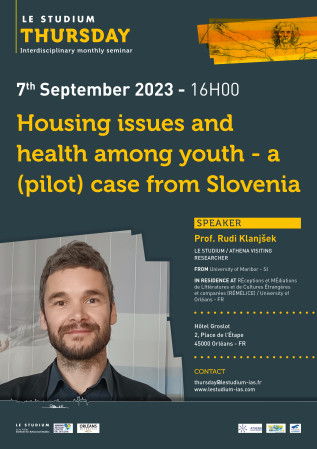The fall armyworm Spodoptera frugiperda is recognized as a polyphagous, voracious, and economically important pest in America and other continents. The control of this pest has been used mainly chemical insecticides, but biological control is an alternative strategy, and different isolates of baculoviruses were evaluated for this control. In this work, the biological activity, in vitro susceptibility, phylogenetic relationship, and protein expression in insect cells of six SfNPV baculoviruses isolated from S. frugiperda were determined. The infection of the cell line Sf9 was permissive to four of the five SfNPVs strains and non-infective to the SfGV strain. SfNPV isolates from Argentina, Honduras and the USA were more virulent than those from Mexico, resulting in up to 12 and 1000 times more effectiveness. The genes lef-8, lef-9 y polh/granulin were partially amplified in five SfNPVs and the SfGV, where nucleotide changes were identified in lef-8 of the SfNPVs and lef-8, lef-9, and granulin from SfGV-RV. The phylogenetic analysis showed that the five strains SfNPVs turn out to be closely related to the others reported SfNPV, just like the strain SfGV-RV and SfGV. The protein expression of host cells in response to SfNPV-Fx identified six proteins differentially expressed. They are involved in changes in the host cell, altering its cellular structure and normal functions. The characterization from these six SfNPV strains has established the basis for exploring the specific mechanisms, evolution, and ecology to evaluate the potential to be used as biological control agents against S. frugiperda.
Institutions working in cultural heritage contexts have at their disposal large quantities of data, which need to be properly handled and classified to be used in applications, shared, and possibly even integrated. For these purposes to be achieved, shared conceptual models - in the form of ontologies - are needed. CIDOC-CRM is the reference standard for managing cultural heritage data. However, some of its modeling choices do not meet the modeling criteria of formal ontology. The purpose of this report is to document the research work done during my fellowship at Le Studium in 2019-2020 concerning the use ontologies for cultural heritage. This covers the ontological analysis of (some portions of) CIDOC and the development of an extension of the latter model for research purposes in the scope of scientific projects at the IPAT-CESR.
Audited accounts
Annual scientific reports
LE STUDIUM GUEST RESEARCHER
Born in Argentina, studied biology in Argentina and Germany. Currently Professor at the Universities of Tours (Frande) and Buenos Aires (Argentina; Fellow of the Royal Entomological Society (UK). Specialised in animal behavioural physiology and sensory ecology, his research activities focus on the study of the adaptations to the haematophagous life of arthropods, using an integrative approach. The research models include mosquitoes, kissing bugs, lice, ticks and other blood-sucking groups, developing his research at the Research Institute in Insect Biology (IRBI-UMR7261-CNRS).


